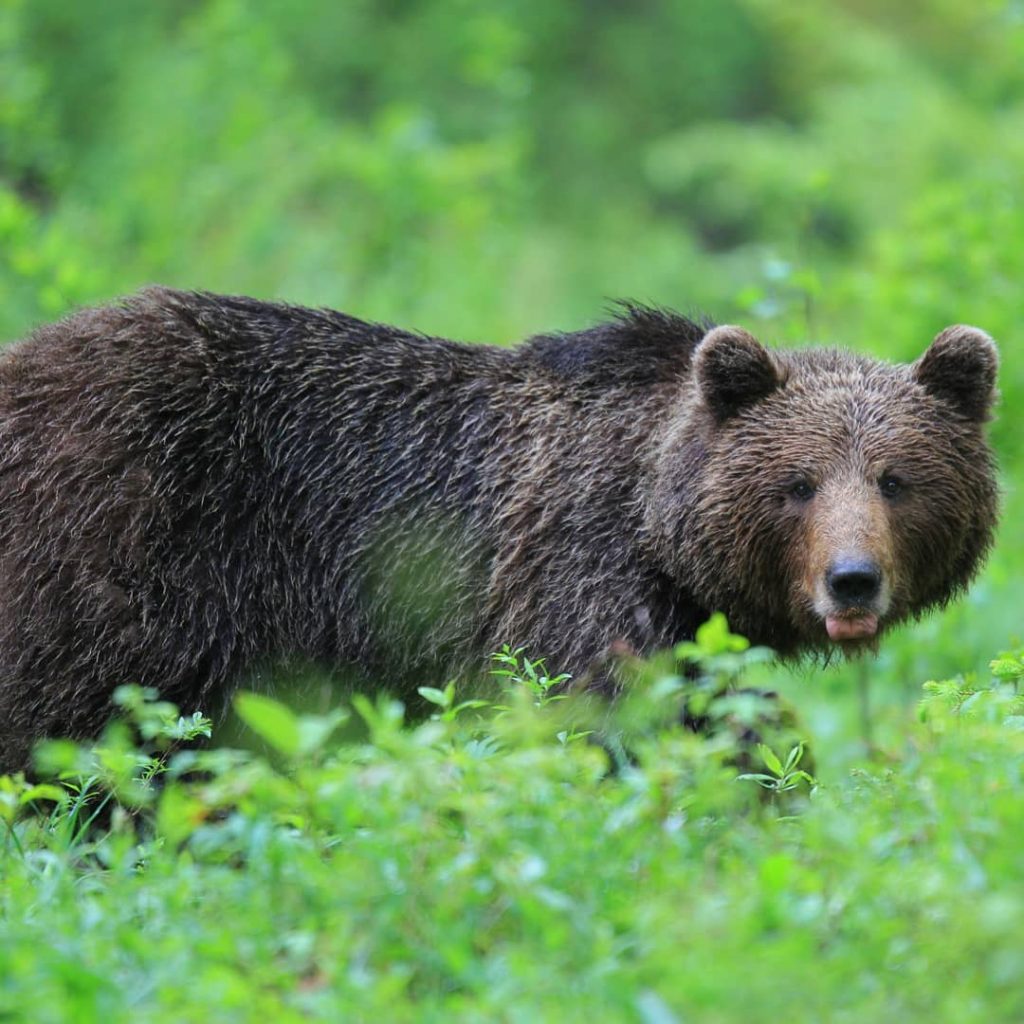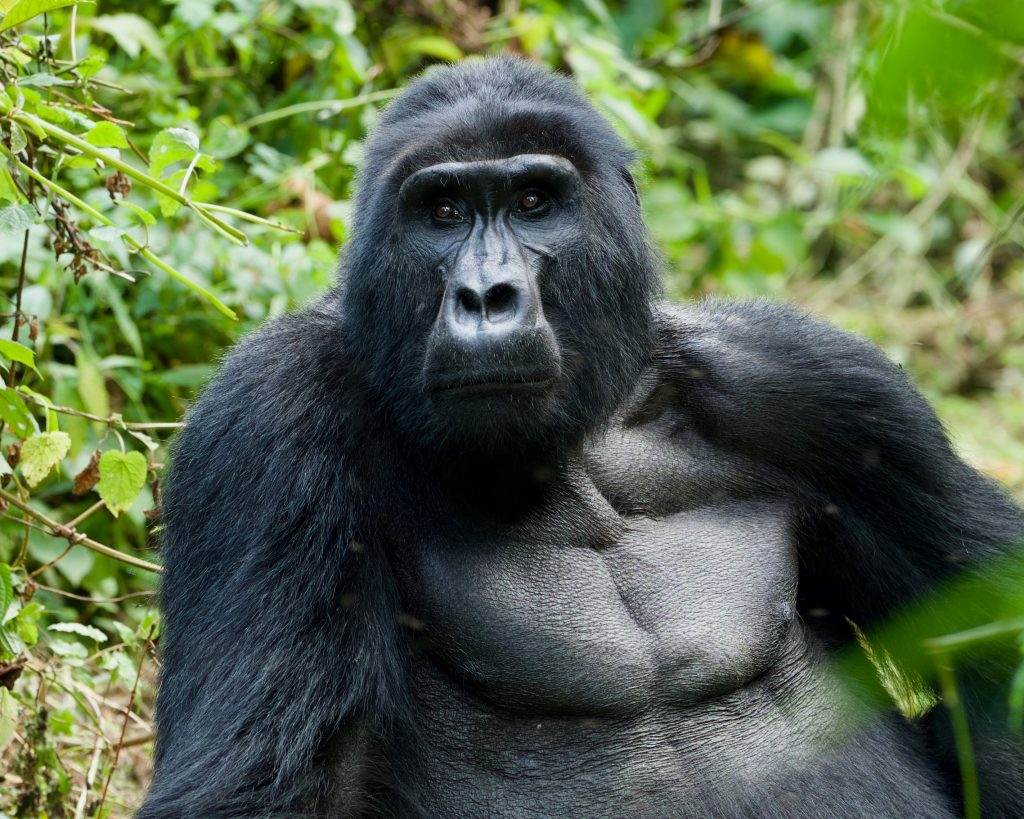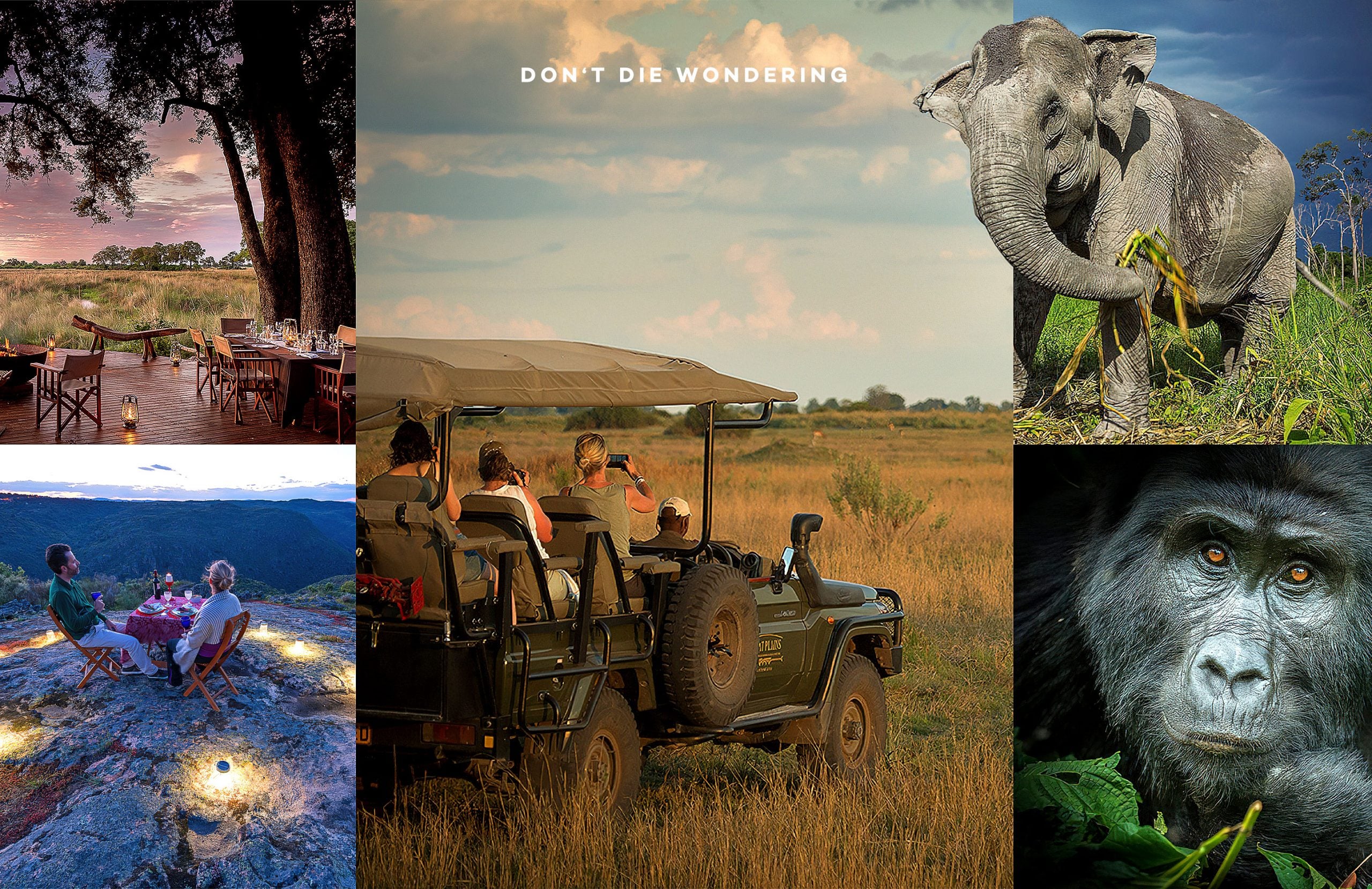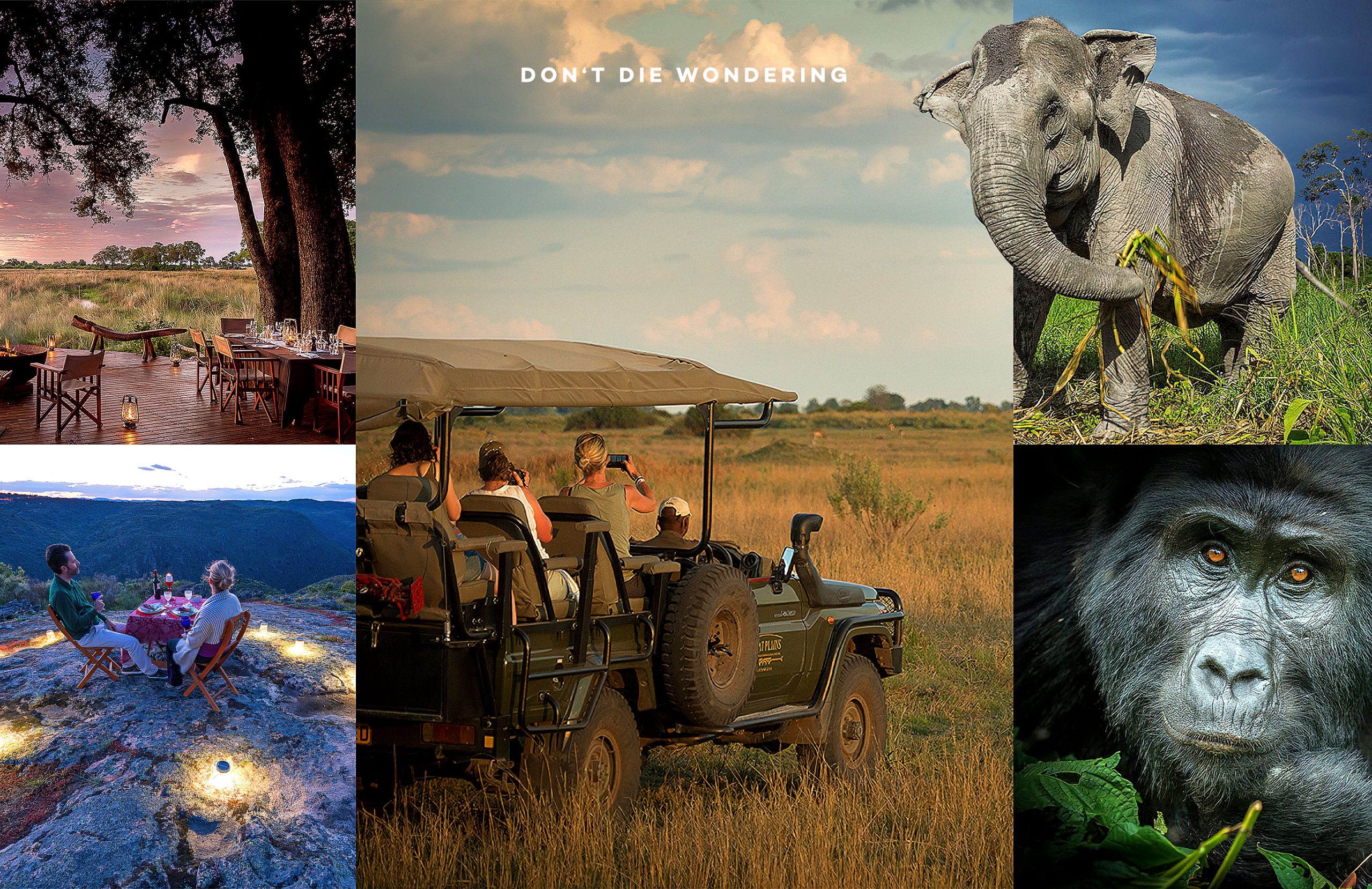SAFARIS are a travel trend set to boost in 2022 according to experts. But as tourists become more focused on sustainable travel, ethical safari trips will be in high demand this year.
A 2016 study by World Animal Protection found that three out of four wildlife tourist attractions involve some form of animal abuse or conservation concerns, and up to 550,000 wild animals suffer in these venues. To help you choose the most ethical safari possible, we’ve outlined four companies that put animal welfare at the heart of their ethos.
European Safari Company
The European Safari Company specialise in experiential nature-based travel across Europe, offering tourists wild adventures from the Arctic north to the vast eastern forests and the rugged Mediterranean coast. There is an emphasis on sustainability here with rewilding policies, observing animals from a distance, choosing train travel over plane travel, and reducing CO2 emissions as much as possible.
Offering packages such as tracking bison in the Southern Carpathians and the deer mating season in the Italian Abruzzo, Lazio and Molise national parks, Europe has a wealth of diverse wildlife. One of the most appealing safaris on offer here is tracking the ‘big five’ through Italy, which in Europe means brown bears, wolves, deer, wild boar and the endemic Apennine chamois.
Prices: Italy: The Big Five Safari is $631 (£460) p.p for four nights

Elephant Valley Project in Cambodia
The Elephant Livelihood Initiative Environment (ELIE) is a local NGO in Cambodia that aims to improve the health and welfare of elephants in Mondulkiri province.
Founded back in 2006, it was started by providing veterinarian care mahout-orientated education to the families and communities that owned captive elephants but has since grown into a popular ecotourism location that allows visitors and volunteers to hike out with the elephants and observe them in their natural habitat.
Prices: 2 day/1 night stays are $140 (£101) p.p for foreign nationals
Mountain gorilla trekking in Uganda
If you want to spot mountain gorillas in the wild, Uganda is one fantastic place to go, and the inconceivably beautiful UNESCO-listed Bwindi Impenetrable Forest National Park is home to just under half the world’s existing gorilla population. The rest are spread out across neighbouring Rwanda and Congo in the Virunga Mountains.
The best time to go gorilla trekking is around June, July, August, September, and December when there are fewer rains, and the parks are drier. January and February are the low season months with fewer tourists but a lot more rain. Permits are required for tourists to track gorillas as they face so many threats from poaching and habitat degradation, but all funds from the permits go towards research and conservation efforts.
Prices: Uganda permits cost $700 (£509) p.p

Duba Plains, Botswana
Duba Plains sits in the heart of the Okavango Delta in Botswana and offers the quintessential African safari with sustainability at its core. The camp at Duba Plains has five suites offering guests a bespoke experience that combines luxury and ecotourism to create an idyllic safari experience with the abundance of biodiversity right on their doorstep.
Wildlife near the camp includes the African big five (lions, elephants, leopards, rhino and buffalo) and several lesser-known species such as aardwolf and pangolins. On the sustainability front, the rooms at the camp are raised on recycled railway sleeper decking. What’s more, parent company Great Plains Conservation take a levy from each booking to help conserve and expand neighbouring natural habitats
Prices: From $1,695 (£1,234) to $3,205 (£2,333) per night p.p
SEE MORE: Luxury Safari Retreats In The Serengeti National Park


